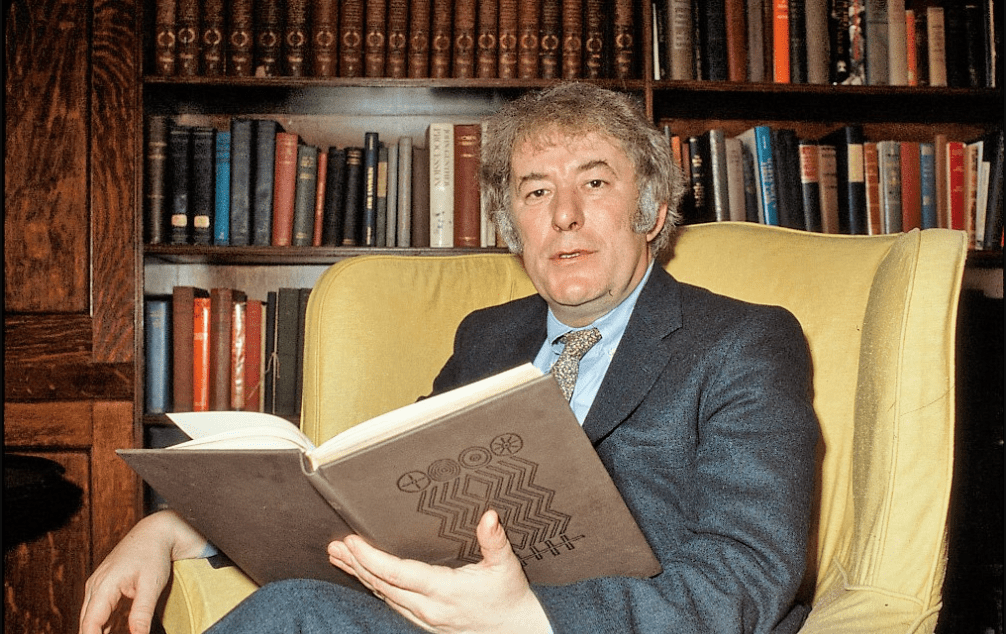
Seamus Heaney was an Irish poet, playwright, translator, and lecturer who is widely regarded as one of the most important writers of the 20th century. Born in Northern Ireland in 1939, Heaney spent much of his childhood on his family's farm, where he developed a deep appreciation for the natural world and the rhythms of rural life. These experiences would later inform much of his poetry, which often explores themes of identity, memory, and cultural heritage.
Heaney attended Queen's University Belfast, where he studied English literature and began to publish his early poems. In the early 1960s, he moved to Dublin and became involved in the literary scene there, publishing his first collection of poetry, "Death of a Naturalist," in 1966. The book was an immediate critical success, and it established Heaney as one of the leading voices of the Northern Irish literary renaissance.
Over the course of his career, Heaney published more than 20 collections of poetry, as well as several plays, translations, and critical essays. He was known for his use of richly textured language and his ability to capture the beauty and complexity of everyday life. Many of his poems explore the history and culture of Ireland, particularly the troubled political landscape of Northern Ireland during the Troubles.
Heaney was awarded numerous honors throughout his career, including the Nobel Prize in Literature in 1995. In his acceptance speech, he spoke eloquently about the role of poetry in society, saying, "The imagination is not a faculty for the creation of illusion; it is the faculty for the apprehension of reality." Heaney's work was widely admired for its ability to capture the essence of Irish identity and culture, while also speaking to universal themes of love, loss, and the human condition.
Throughout his life, Heaney was deeply committed to education and teaching. He held academic positions at several universities, including Harvard and Oxford, and he was a beloved lecturer and mentor to generations of students. He also worked to promote the arts and culture of Ireland, serving as the chair of Poetry Ireland and as a member of the Arts Council of Northern Ireland.
Heaney died in 2013 at the age of 74, leaving behind a rich legacy of poetry and scholarship. His work continues to be widely read and admired around the world, and he is considered one of the greatest poets of the 20th century.
In summary, Seamus Heaney was an Irish poet and playwright who explored themes of identity, memory, and cultural heritage throughout his career. He was known for his use of richly textured language and his ability to capture the beauty and complexity of everyday life. Heaney was widely admired for his commitment to education and the arts, and his work continues to be celebrated for its ability to capture the essence of Irish identity and culture while also speaking to universal themes of the human experience.
Last updated: April 29, 2024
In Irish mythology, the Far Darrig emerges as a curious mischievous figure, who is shrouded… Read More
Luke Kelly, an iconic figure in Irish music, left an indelible mark on the folk… Read More
The Wooing of Emer is a captivating tale from Irish mythology that recounts the courtship… Read More
Cú Chulainn stands as one of the most iconic and revered figures in Irish mythology,… Read More